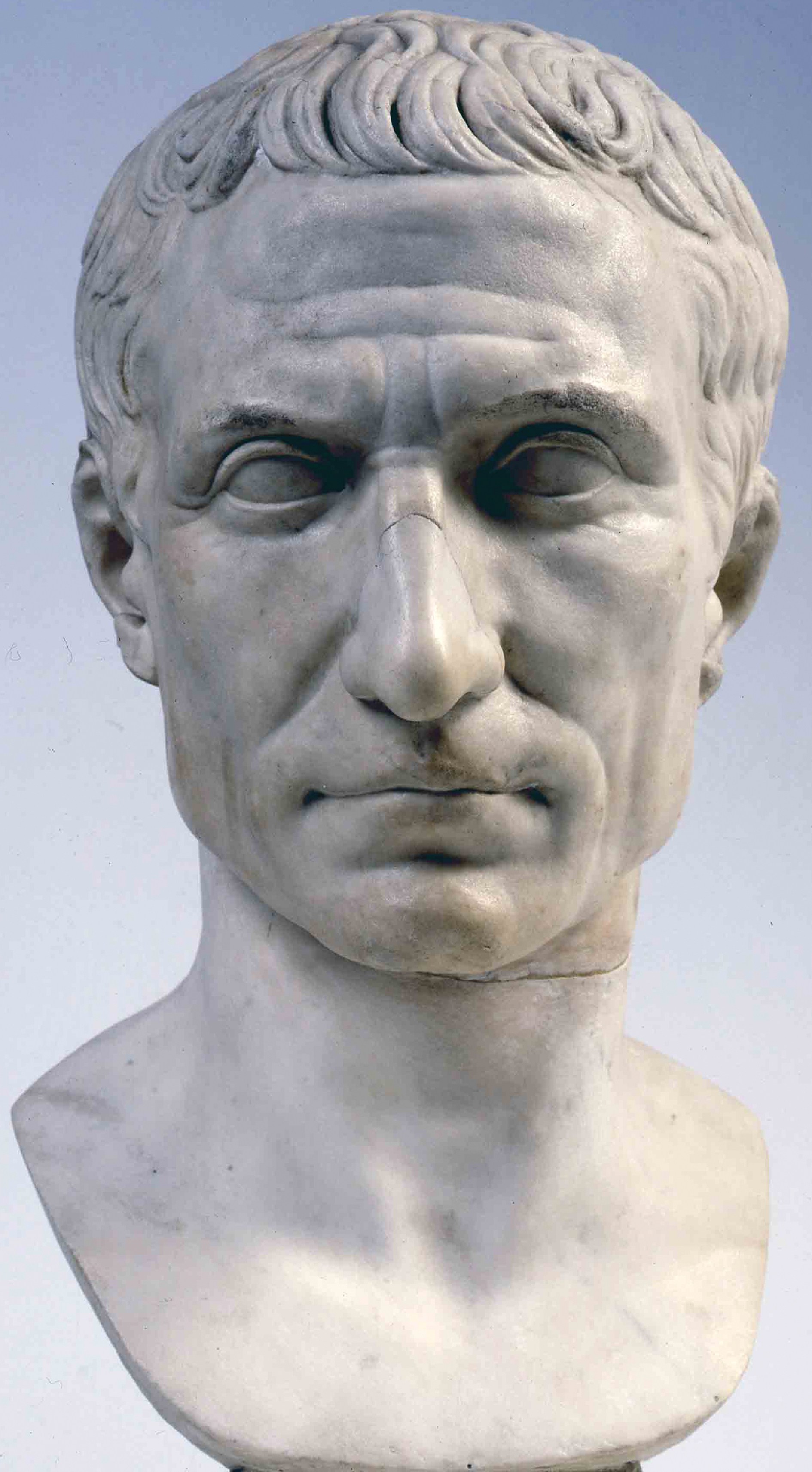Hopefully it hasn’t escaped your notice that the new issue of All About History features an incredible Julius Caesar cover article written by leading historian of the Roman world, Dr Adrian Goldsworthy, bringing to life the chaos and drama of Roman politics, the fall of the Republic against the populism of a charismatic strongman.
As part of the same feature, Civilisations presenter and queen of classicists Professor Mary Beard reflects on the legacy of Julius Caesar
Which military campaign do you think was Caesar’s most important?
Without a doubt, that has to be the conquest of Gaul — though it was also his bloodiest campaign. Even some Romans, who were much less concerned about military atrocities than we are today, thought it was genocidal and they even threatened to put him on trial for war crimes.
But ghastly as it was, it really did change the face of Europe, pushing Roman rule right up to the English Channel and making northern France — what the Romans called ‘hairy Gaul’ — part of the same world as Spain and Italy, and influencing its history from language to systems of communication ever since.
Was Caesar’s ruling style similar to the way that he managed his armies?
He always seemed to have the common touch and he had a good sense of how to win over the ordinary soldier or person. It may have been a very contrived and cynical approach. We simply do not know.
But there is no doubt that much of the legislation he introduced was of real benefit to the poor such as a range of new towns to house the urban poor and he could be spectacularly generous. He was certainly immensely popular with his troops and with the ordinary Romans, who were devastated by his assassination in 44 BCE.

How did Caesar raise the money to propel himself up the political ladder?
He started out from a landed, wealthy family, though they weren’t among the super-rich at the time. Getting to the top in Rome was a very expensive business and so Caesar supplemented his family assets by borrowing, as there was a big credit economy in the ancient world, and increasingly by conquest. Individual Romans benefitted financially from their victories — that is, from the loot in every form, from works of art to bullion and slaves that came with them. There was a real sense in which the empire was a cash cow.
How did he overpower the other two First Triumvirate members, Crassus and Pompey?
They partly overpowered themselves. Crassus died in a disastrous military expedition in 53 BCE where he was defeated by the Parthians at the Battle of Carrhae on what is now the border of Turkey and Syria.
The gruesome story was that his head was cut off and used as a prop in a showing of Euripides’ Bacchae at the Parthian court. It stood in for the severed head of the character Pentheus.
Caesar’s rivalry with Pompey is a little more complicated. In many ways, at least to start with, Pompey was the popular, charismatic leader with an eye on autocratic rule. He was nicknamed ‘the Great’ after Alexander the Great but he was outmanoeuvred and eventually sidelined by Caesar, which pushed him into the arms of the traditional conservatives.

Why was Caesar so beloved by the people but hated by other politicians?
The simple way of explaining that is basic class conflict. Caesar was backing the interests of the ordinary Romans against the traditional Roman metropolitan elite. Their vested interests lay in preserving the so-called democracy, which they dominated with their wealth and influence.
Roman politics were built on a principle of power-sharing among the elite — not the poor — and on a detestation of one man rule, which was considered far too reminiscent of the hated early kings of Rome. From their point of view, Caesar was becoming a king… and from their point of view, they were right.
Is there anyone in the modern era who you think best embodies Caesar and his values?
No, but you can see echoes of Caesar and his tactics in many modern politicians. That goes from Caesar’s mastery of the sound bite (no one has ever done better than ‘veni, vidi, vici’) to his mastery of the comb-over (President Trump probably doesn’t know but his particular form of hair styling goes right back to Caesar, who was embarrassed that he was thinning on top).
And, of course, the Caesar’s assassination has provided the template for political murders ever since. President Lincoln’s killers used the code phrase ‘The Ides of March’ for the date of their own planned assassination.
Mary Beard is professor of Classics at Cambridge University. She was most recently seen presenting Civilisations on BBC2 and has written a tie-in book, Civilisations: How Do We Look & The Eye of Faith. For more on Julius Caesar, pick up the new issue of All About History.
